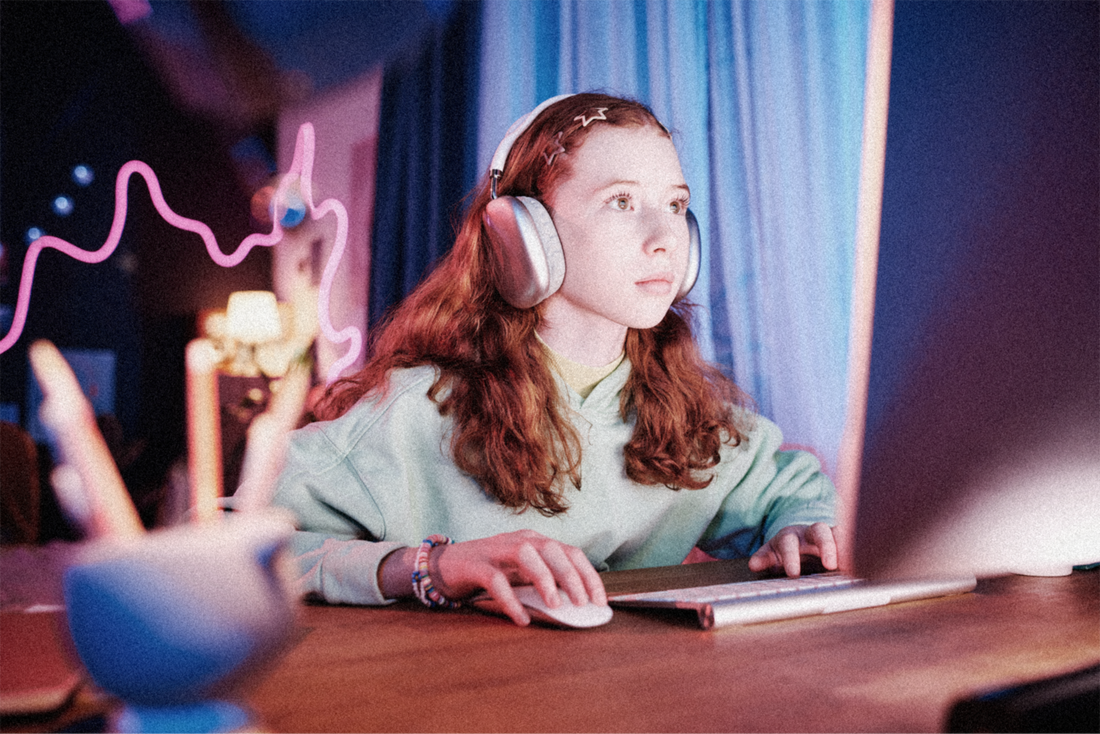
Busting the Myth: Virtual Learners and Post-Secondary Success
Share
There's a common misconception that students who attend virtual schools are less likely to pursue post-secondary opportunities at colleges, universities, or trade/technical institutions. This couldn't be further from the truth. In fact, virtual schools provide a robust educational experience that can effectively prepare students for post-secondary learning.
Breaking Stereotypes
One reason for this misunderstanding is the perception that virtual learning lacks the rigor and social engagement of in-person learning. However, virtual schools often offer a diverse range of challenging courses, interactive and engaging learning experiences, and opportunities for personal growth. Students in virtual schools develop strong self-discipline, time management skills, and technological proficiency—attributes that are highly valued in post-secondary institutions.
Real-Life Success Stories
Many BVS students graduate and go on to attend a wide variety of post-secondary learning institutions. This achievement underscores the fact that virtual learning can equip students with the knowledge and skills needed to excel in higher education.
These students are not just thriving academically; they are also demonstrating remarkable executive functioning skills and self-regulation—qualities that will serve them well in their future educational endeavors.
Advantages of Virtual Schooling
Virtual schools offer a unique set of advantages that can enhance a student’s readiness for post-secondary learning. Here are a few key benefits:
- Personalized Learning: Virtual schools provide opportunities for individualized instruction and self-paced learning, while diving deeper into subjects students are passionate about.
- Flexible Scheduling: Students enrolled in virtual schools can manage their schedules more effectively, balancing academics with extracurricular interests, part-time jobs, or family responsibilities.
- Advanced Technological Skills: Virtual schools require students to become proficient with various digital tools and instructional platforms. These skills are increasingly important in today’s tech-driven society and are a significant asset in the world of college and career.
The myth that virtual school students do not go on to post-secondary education is just that—a myth. The reality is that virtual schooling can offer a comprehensive, dynamic, and flexible learning experience that prepares students exceptionally well for post-secondary learning. As the inspired learners at BVS continue to demonstrate, the future is bright for those who embrace the opportunities that virtual learning offers.
